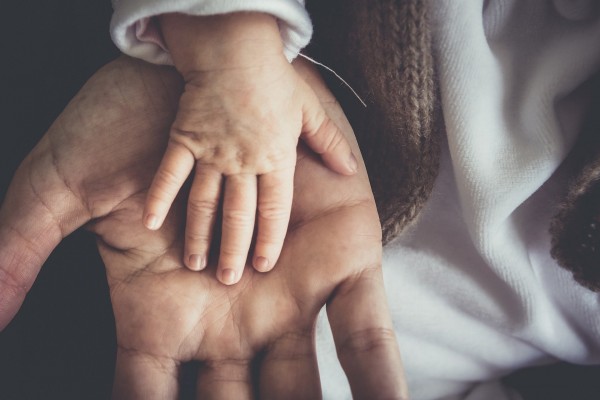
Parents are familiar with the following scenario -- or one very much like it.
Mom and dad, or whoever is the single caregiver, are busy in the kitchen or in the home office or out in the garage or backyard. The kids are behaving themselves, or so it seems. Suddenly there is a crash, and a scream, and then, for parents, a very ominous silence. Rushing to the scene of the disaster, the parent(s) find a child has fallen, been punctured, or otherwise physically traumatized to a lesser or greater extent. After several deep breaths to control incipient hysteria, the parent(s) survey the damage to the child to decide whether it warrants a trip to the ER or not. Either way, a stern lecture is usually in store for the child, who has disobeyed a common sense household rule, most likely, and caused not only bodily harm to themselves, but has nudged their parent(s) closer to an early grave.
This is all part of the wonderful world of parenting children -- who often think of themselves as made of rubber and springs and are easily able to convince themselves they possess magical powers that enable them to fly or deflect any thrown object with a laugh.
Part of the charm, and danger, of being a child is the inability to think through the consequences of an action. And, as households across America are closing in on themselves and isolating, pediatricians, who know children almost as well as their parents do, are beginning to predict that accidents and injuries are going to increase as more and more children are forced to stay home while their caregivers are still under the obligation to work online, and thus remain distracted and unreliable babysitters.
According to medical statisticians, there are no reliable numbers in yet to show a spike in the number of childhood injuries at home -- but pediatricians and others are saying that given time, especially as spring becomes summer and children may still have to stay cooped up inside, it’s almost a certainty that the number of in-home boo-boos will rise exponentially.
What really worries medical personnel is that parents may simply not take their children in for treatment if it doesn’t seem life threatening. No one knows yet just how the coronavirus is going to affect hospital ER rooms -- it may be almost impossible to bring a child in for treatment if the pandemic grows out of hand.
So pediatricians are counseling parents to keep a complete first aid kit on hand at home, and to use as much modern technology as possible to monitor children’s activities and exact whereabouts.
This post comes from the TODAY Parenting Team community, where all members are welcome to post and discuss parenting solutions. Learn more and join us! Because we're all in this together.
